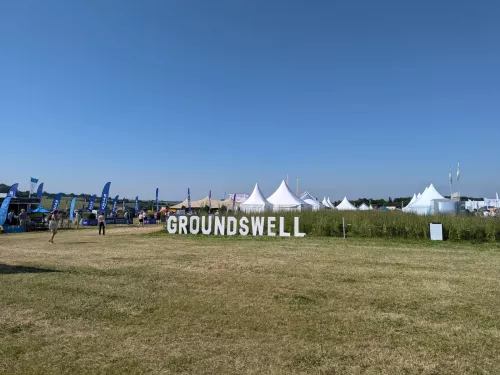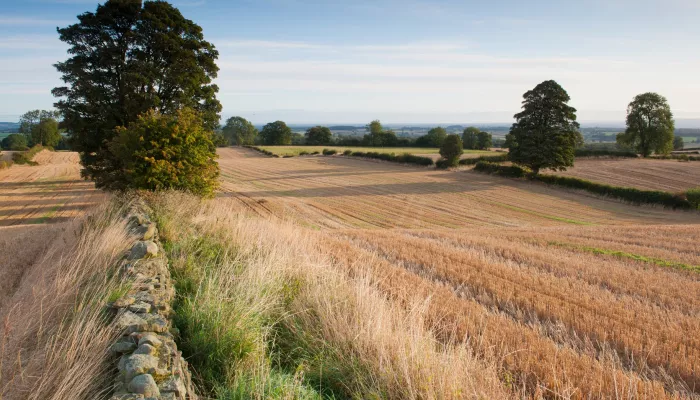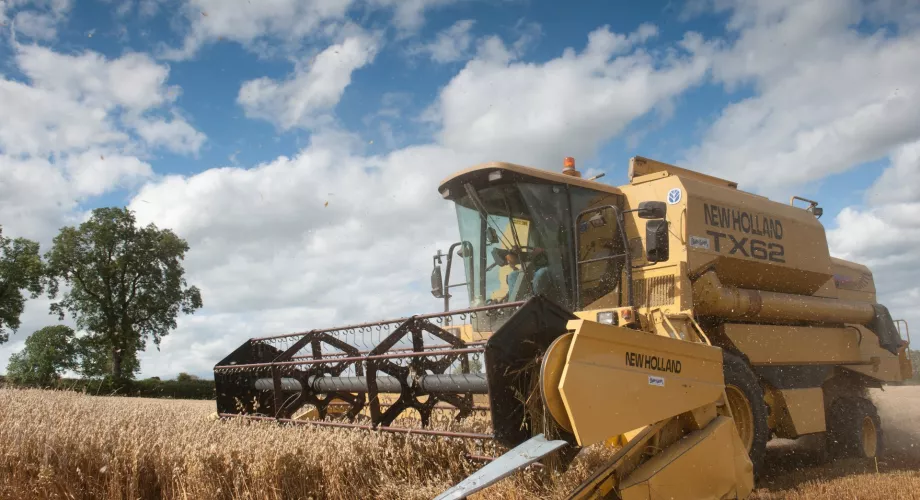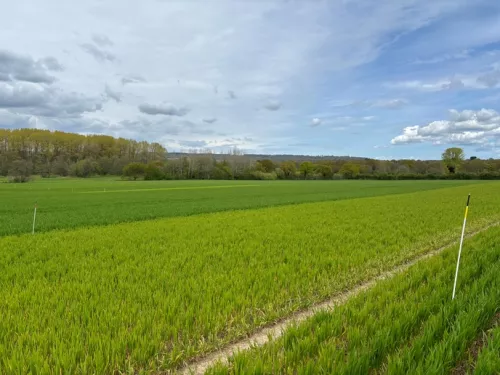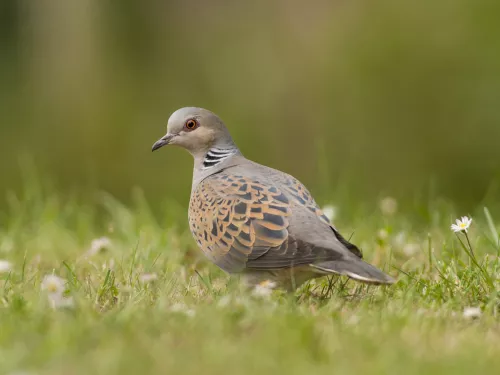Kent Wildlife Trust is working with local farmers to ensure the ELMS scheme works in practice at a landscape scale. We are setting up and facilitating two cross-border farmer clusters (traversing Kent and Sussex), where farmers work together, supported by external advisors, to create better outcomes for nature than would be possible working alone.
These two new clusters follow on from the successful development of our first farmer cluster, based around the River Beult near Ashford. We are helping all cluster members feed their expertise into the evolution of the new ELMS system, giving them an advantageous head start in understanding the implementation of the new system over the coming years. This builds resilience within our local farming communities and amplifies local farming voices at a national level.
By supporting positive change from both Government and farmers, we can help farming give our wildlife the future it deserves.
[1] An online omnibus poll with 2140 UK adults was conducted by YouGov on behalf of Wildlife and Countryside Link between 18-19 December 2019. The figures have been weighted and are representative of all UK adults (aged 18+)
[2] See 3 billion needed for nature friendly farming
[3] Hedgehogs, yellowhammers and dragonflies at risk post-EU Exit
